- Author Miguel Ramacey ramacey@religionmystic.com.
- Public 2023-12-17 06:11.
- Last modified 2025-01-24 21:21.
Metropolitan of Kaluga and Borovsk Kliment became widely known in the secular world in 1993, when he became a member of the public chamber under Yeltsin. A black hood with a cross among the wild nascent democracy was perceived ambiguously. Someone shouted about the separation of church and state, others believed that the priests had betrayed the faith by falling into politics.
The second time on the lips of the Russian public, he came in 2008, after the death of Patriarch of All Russia Alexy II. Disputes about who will take the "holy place", Cyril or Clement, went to the Bishops' Cathedral. The third candidate withdrew his candidacy. The two holinesses were seen in the media as a confrontation between different concepts, a struggle of ambitions. Holy Father Clement lost (508/169 votes).
Childhood
Metropolitan of Kaluga and Borovsk Clement, whose biography was unusual for that time, in the world bore the name Herman. German Kapalin was born on 1949-07-08 in the Ramensky district of the Moscow region in a large working-class family. The Soviet Union was recovering after the Second World War, building a developed socialism, considering religion as opiumpeople. At that time, even the Octobrists were considered the builders of communism. The boy was not a member of any children's organization: he did not have an October star, a pioneer tie, or a Komsomol ticket. This created some difficulties, but he never expanded on it.
Orthodoxy came with mother's milk, this is not a beautiful turn, but a fact. In one interview, Metropolitan Clement of Borovsk said that he learned to pray in his school years, when my mother suffered two heart attacks in three years. When the doctors gave up, the four sons of the dying woman read akathists and asked God for healing. He is sure that the prayers of the mother, her sons and the monks of the Trinity-Sergius Lavra did not allow the children to be orphaned.
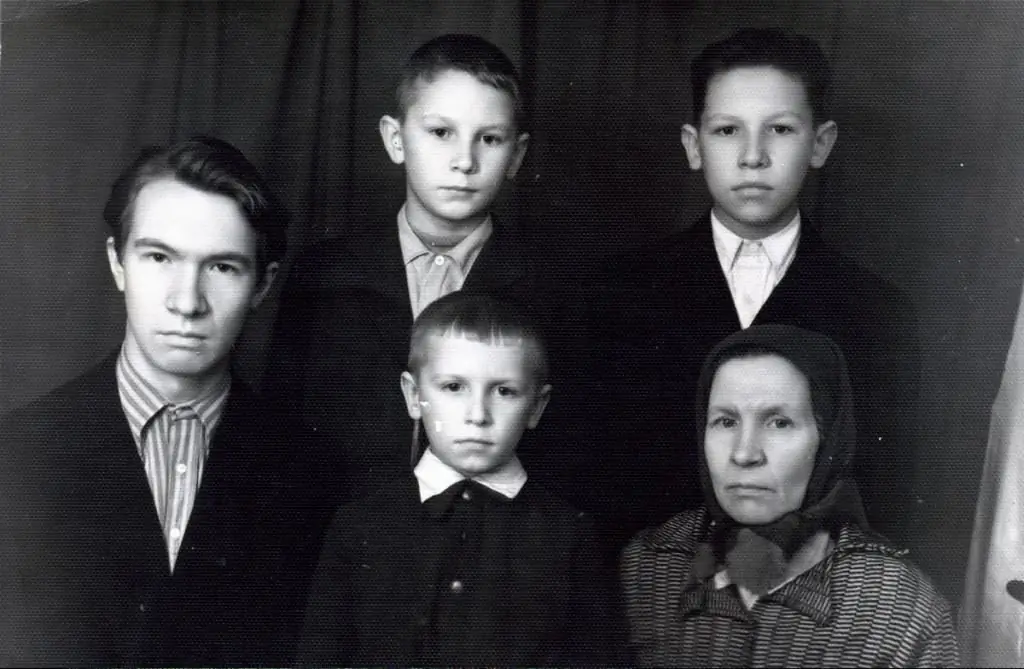
The boy's father went through the entire Great Patriotic War with an icon in his breast pocket. The mother of a six-year-old boy put it into his head - do not renounce God under any circumstances. On the days of admission to the pioneers, the children did not go to school. Confidence that missed lessons can be learned on their own, and it is impossible to miss a prayer, arranged his life differently from ordinary Soviet children.
Youth
The Trinity-Sergius Lavra, where the Kapalins went quite often with the whole family, determined the fate - all four brothers became priests. Herman's mother later became a schema-nun. Pages of the biography can be read in the book "Growing in Faith" written by him. Throughout his life, he will carry firmness and unshakable faith in God, considering the Soviet period of life for a people deprived of truth, a path toignorance.
There are several points that the Metropolitan reluctantly recalls. One is the engineering college, which he graduated from immediately after school. Realizing the mistake, at the age of 21, the future priest entered the Moscow Seminary, immediately into the second grade. But a month later he was drafted into the army. In what troops he served, what he did - is also not advertised. In any case, six years of worldly "obligation" are not his best memories of his youth. For the rest, Metropolitan Clement did not hide his biography, did not rewrite, did not paint on it.
First steps in the clergy
After serving in the army, Kapalin returned to the seminary. Since 1974 he studied at the Moscow Theological Academy. Actively participated in the activities of the youth organization "Syndesmos", ESME. He completed his academic education in the status of a candidate of theology. The labor path in the field of Christianity began here as a teacher.
Elder Seraphim of Sarov said that the main goal of a believing Christian is the acquisition of the Holy Spirit. People go to God in different ways, common for all - prayer and repentance, pious deeds and mercy. For those who can climb this ladder higher, in the worldly understanding it will be more difficult (physically), but it will bring them closer to God. Herman chose this path: on December 7, 1978, he was tonsured at the Trinity-Sergius Lavra, named Clement. The mercy and fortitude of a Roman bishop becomes an example for his own life.
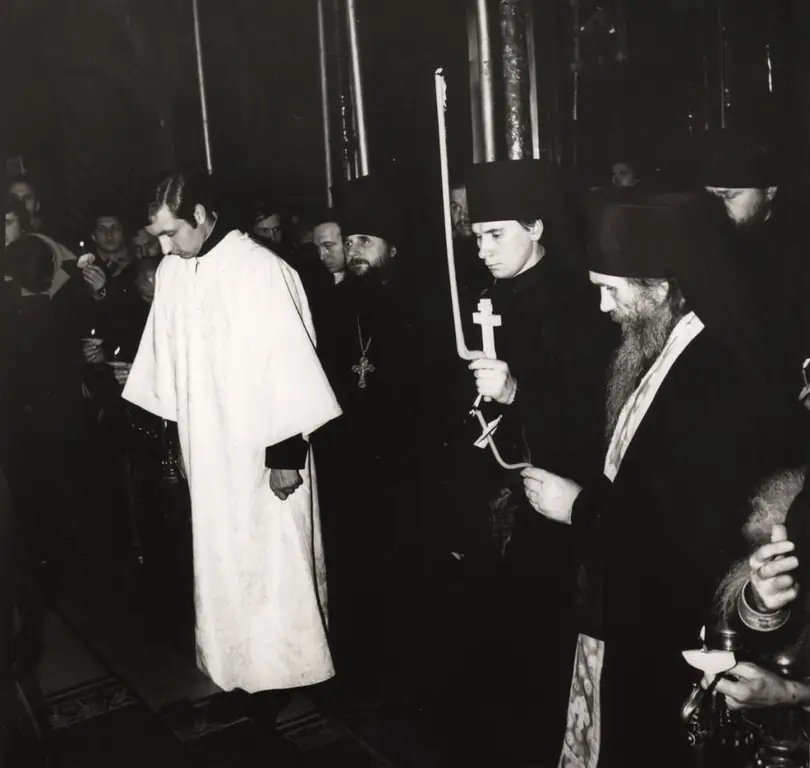
Two weeks after tonsure, a monk is ordained a hierodeacon. Four months laterbecomes a hieromonk. Less than six months have passed since the first stage was completed.
Priesthood
The first concern of a monk-priest is teaching general church history in the seminary. For two and a half years he taught seminarians. Here is a review about Clement, the teacher of Deacon Artem Martynov:
Vladyka is a wonderful person. A strict ascetic, a caring father for seminarians, a prayer book. Doctor of Education, serious theologian.
In the autumn of 1981 he was elevated to the rank of hegumen. Taking into account the remarkable communicative and literary abilities of the priest, he is sent to work in the executive committee of ESME.
In July 1982, Clement was elevated to the highest monastic rank of the second degree, he became archimandrite. He dressed in a black monastic robe with red tablets and a miter. His Reverence, as it is customary to address an archimandrite, is appointed to govern parishes in Canada and the United States. Before that, he passed the initiation, allowing him to perform rites and sacraments, to read public sermons.
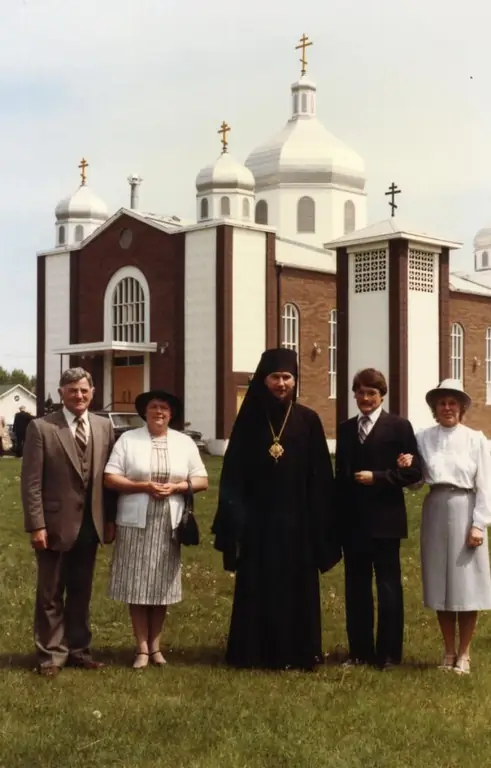
After five years, another rector is sent to Canada, the archimandrite manages Orthodox parishes in America, and is engaged in scientific work. For seven years the priest was the owner of a Soviet diplomatic passport. In the spring of 1989, Patriarch Pimen elevated Kliment to the rank of archbishop. Passed the second degree.
Bishop
The clergyman returned to his homeland in July 1990, when perestroika was in full swing in the USSR. Becoming the archbishop of Kaluga and Borovsk, he was the first deputy headdepartment of external relations. But, having taken a public position, he rarely appeared to the public, preferring direct contacts with specific people on each issue being resolved.
Perestroika allowed the population not to hide their religious beliefs. But it was a difficult period, because for decades religion was banned in the country, property was expropriated, the level of holiness is critically low. Here the excellent organizational skills of the minister were manifested.
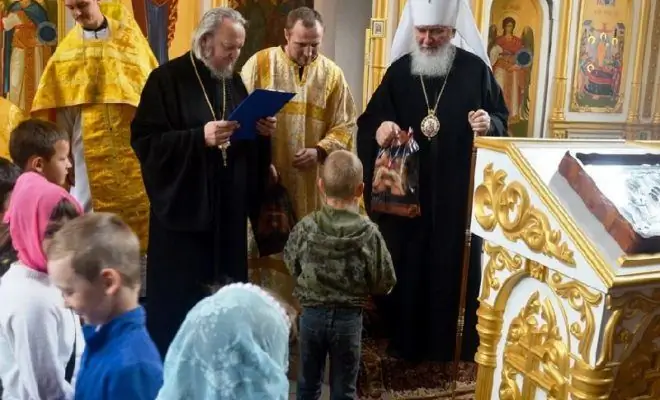
Four years under Yeltsin, he worked in the Public Chamber. At the end of 2003, the priest was appointed by the manager of the Moscow Patriarchy.
Even more important appointment - a full member of the Holy Synod. Between Bishops' Councils, in the secular sense, it is a council of ministers, solving the pressing issues of life. In the last winter days of 2004, the archbishop becomes Metropolitan Kliment.
Positions and regalia
Metropolitan Clement of Kaluga continues to build ties with the secular world:
- 2005 - representative of the Public Chamber under V. Putin;
- 2009 - head of the Publishing Council of the Russian Orthodox Church;
- 2011 - member of the Supreme Church Council.
Since 2013, his diocese has become a metropolis, which he successfully leads, combining with the post of rector of the Kaluga Theological Seminary. During his ministry, the holy father Clement was encouraged and rewarded many times. It is hardly possible to see all the awards on the vestments; monks should not be proud of their merits. But in the biography they are all indicated. twenty churchawards, including the orders of St. Sergius of Radonezh, Herman of Alaska (USA), Alexy of Moscow II, Brotherhood of the Holy Sepulcher (Jerusalem).
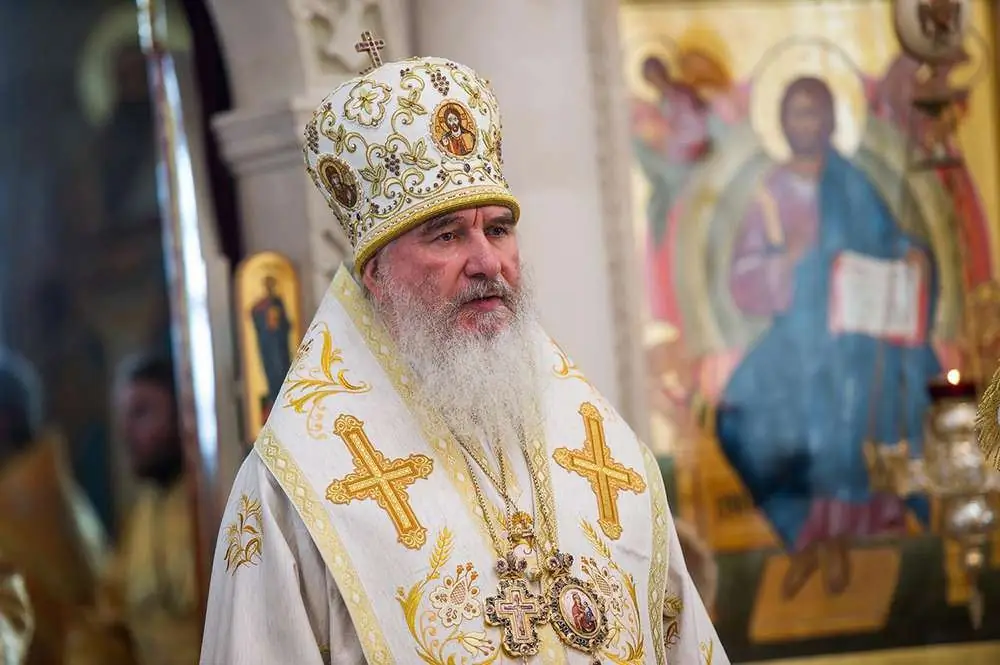
He has secular awards, a sign of gratitude for combining the efforts of the state and the church in preserving traditions, reviving spirituality. Here are the Orders of Honor, Friendship of Peoples, "For Merit to the Fatherland" IV degree. Medals, national awards, diplomas - all this is the result of the actions of the holy father. In his piggy bank there are especially expensive awards - reviews of believing Christians about the ministry of Metropolitan Clement of Kaluga and Borovsky. There are also reviews from non-believing laity, these are especially expensive awards: “Public Recognition”, “Defender of Justice”, “Person of the Year”.
Publications
Metropolitan Kliment became a Doctor of Historical Sciences in 2014, having defended his dissertation on Russian Christian Alaska. Before and after that, he wrote about 200 books, articles, and materials. There is a book among them, which contains the most significant quotes from all his works - "Word and Faith". Edification, advice, help in education - the wisdom of the holy father in one book.
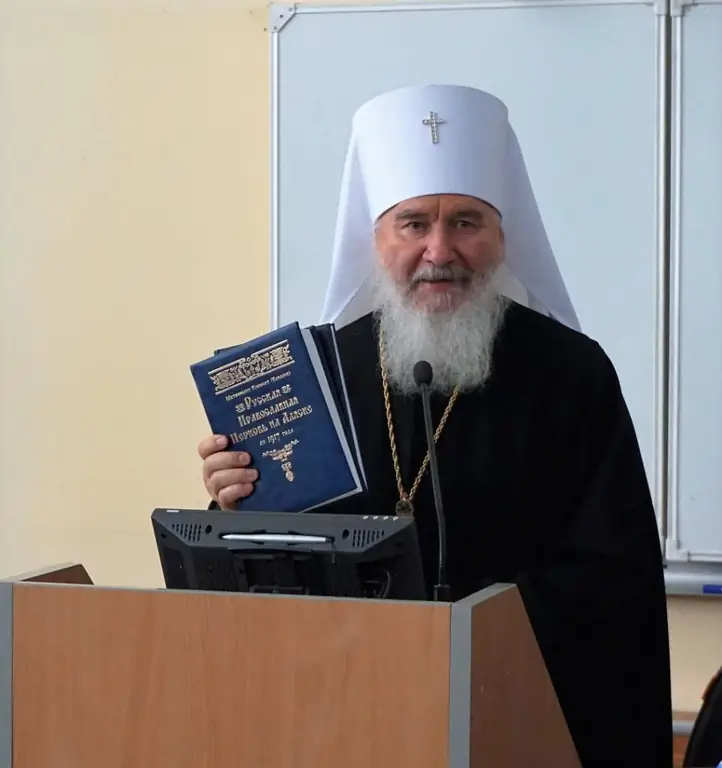
Achievements
During the reign of Metropolitan Clement, the number of churches in the diocese increased several times, two religious educational institutions, seven monasteries, centers and missions were added. Their own newspapers, magazines, website appeared.
The Metropolitan has always paid special attention to youth, young families, theirmorality. With his filing, the foundations of Orthodox culture appeared in schools, chaplains in the army. He actively promotes the idea of a ban on abortion, legalized "church amendments" in Russian codes.
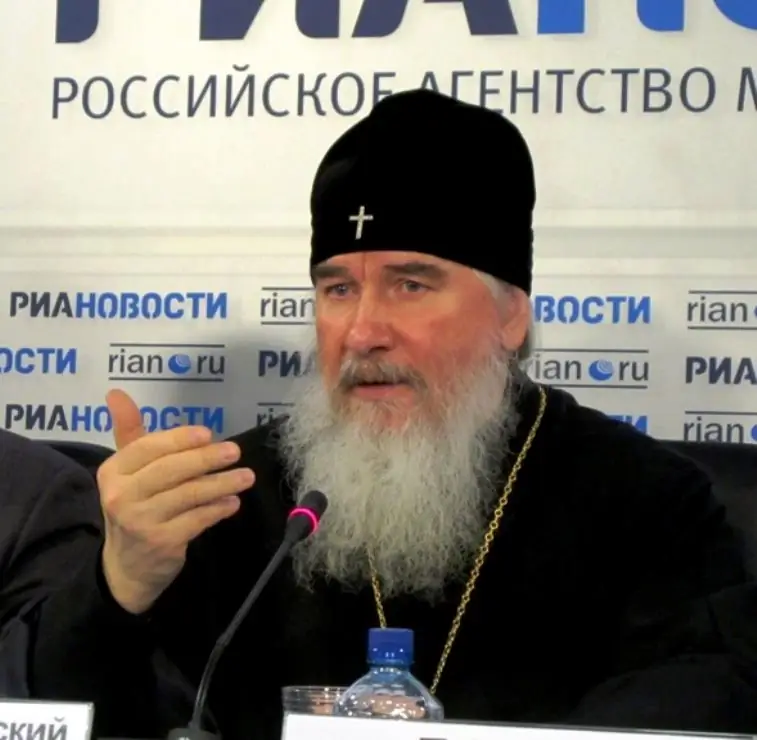
Yes, when Kirill was elected Patriarch of All Russia, Klement was removed from the closest patriarchal entourage, but it did not work out, the Metropolitan of Kaluga and Borovsk Clement was too weighty figure. This is also proved by the reviews of all the people who know him or at least once were in his service.






